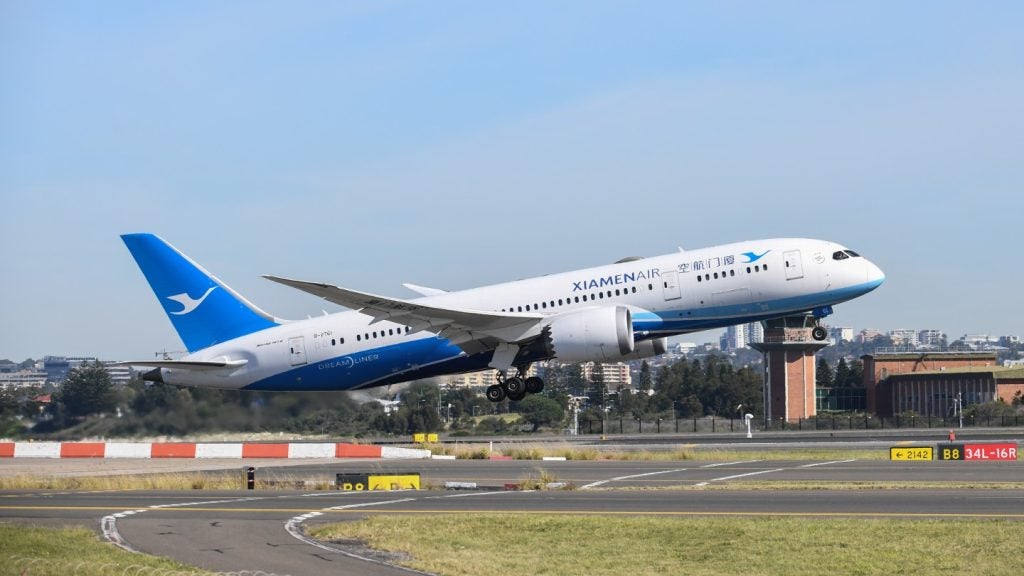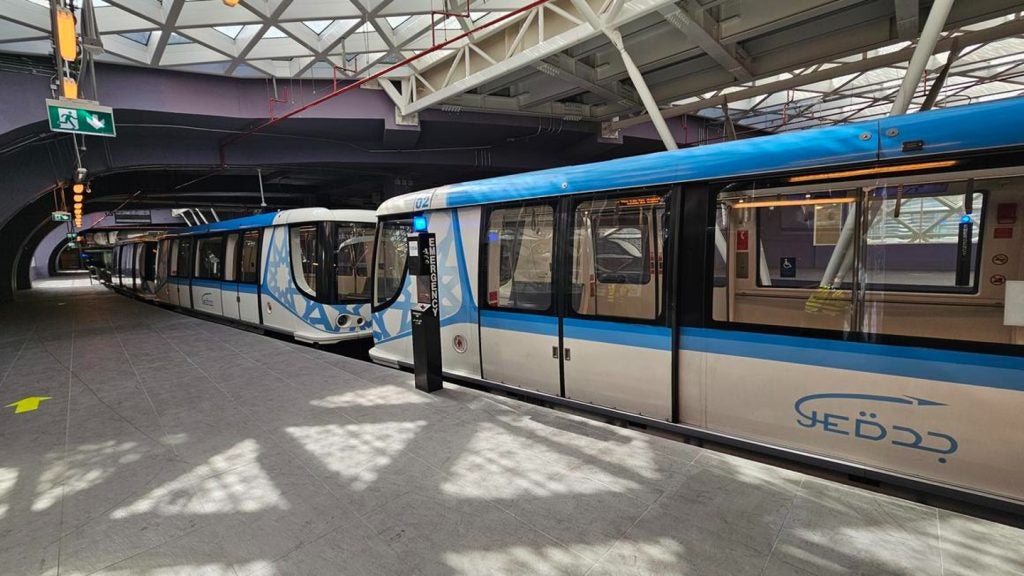
Proposals on landing slot allocation that form part of the European Commission’s ‘Better Airports Package’ may be a long way from approval as parliamentary bodies begin to hear views on the matter from disgruntled airlines, airport operators and aviation regulators.
At a meeting in London on 19 March, the House of Lords EU Sub-Committee on the Internal Market took evidence from British Airways, easyJet the European Regions Airline Association and other organisations as part of its examination of these proposals.
The UK body wanted to discover whether the firms agreed with the EU that these regulations would help the industry better manage airport capacity. The answer was clear to all those who attended.
Slot proposals
The draft legislation, put forward by the Commission in December 2011, recommends the roll out of secondary trading rules, whereby airlines are allowed to buy and sell airport slots. So far, the UK is the only member state where a secondary market is developed.
The measures also call for stricter rules for the use of existing airport slots, requiring airlines to utilise 85% of their landing and departure positions – up from 80% – or face losing them altogether.
See Also:
In addition, a fee would be required under the new law to reserve slots in order to dissuade airlines from returning their unused and unwanted positions to the market at the last moment.
How well do you really know your competitors?
Access the most comprehensive Company Profiles on the market, powered by GlobalData. Save hours of research. Gain competitive edge.

Thank you!
Your download email will arrive shortly
Not ready to buy yet? Download a free sample
We are confident about the unique quality of our Company Profiles. However, we want you to make the most beneficial decision for your business, so we offer a free sample that you can download by submitting the below form
By GlobalDataThe EU believes these rules will allow for greater transparency of a consistent set of rules across its 27 member states, better airport capacity management and a decreased ‘misuse’ of airline slots.
But, there are companies in the industry who disagree.
Unwanted fees
Chris Bosworth, managing director for Airport Coordination Limited, which has sole responsibility for the allocation of slots in the UK, believes one of the major issues that the EU is trying to address is the over-bidding of landing and taking off positions by certain airlines.
"At London Heathrow, at the time of initial slot requests we might have growth of 15% on previous seasons, but once the schedule has settled down, the growth may be two or three percent, depending on the economy.
So, there is a huge hump of artificial demand which then falls away, and that can lead to the insufficient allocation of slots," Bosworth said at the House of Lords meeting.
Fines for late hand-backs of unwanted slots and fees for slot reservation could address this problem, Bosworth claimed, but these proposals pose risks: "It is a difficult problem to solve because it is very difficult to distinguish between the airline that genuinely has plans to grow and the airline that has perhaps been overambitious."
European Regions Airline Association deputy director general Simon McNamara was more direct about his feelings on charges to airlines: "Slot reservation fees would simply put money in somebody else’s pockets and won’t actually solve the problem [of slot allocation].
"My view is that this legislation is not necessary," McNamara said at the meeting. "The elephant in the room [congestion at London Heathrow] was an issue set to be addressed by the Commission. They built up momentum that they had to do something about it, and this is what we are left with."
Lack of transparency
There was a shared understanding at the parliamentary meeting that the current processes for slot allocation and trading on the continent are not as transparent as they should be.
Emma Gilthorpe, economics and regulation director at BAA, told attendees: "From an operational perspective, I would say there is room for improvement because the more understanding you have of slot ownership, the more we can participate in that value chain and deliver a positive passenger experience."
Operator easyJet head of scheduling Richard Matthews explained that his company is prepared to see a revision to the regulation in order to see that certain aspects are improved.
"We don’t see a consistent application of the rules in other European countries. It would be silly to achieve the criteria you need to retain a slot at one airport but not at another," Matthews said.
Other witnesses being probed by the Lords and Ladies, however, said that the new proposals would mean a step back for the EU as it attempts to harmonise legislation on airport slots.
British Airways schedule planning manager David Smith insisted: "It’s in our interest for common rules to be applied throughout the world, but the sort of changes that the EU is proposing moves away from that and will lead to an imbalance of what the rules are in Europe and what the rules are elsewhere."
There is a risk of retaliation as well, as Smith explained: "It may be the case that our rights to fly to certain countries would be withdrawn in retaliation to the changes made by the European Union."
Use it or lose it
In an attempt to ensure existing capacity is used optimally, at a time when budgets are low and airport expansion isn’t always possible, the EU proposes sweeping changes to the criteria for the use of airport slots.
Airlines now need to have used at least 85% of the allocated series of landing and take-off positions instead of 80%, a rule that the EU believes will allow the system to handle 24 million more passengers a year by 2025 and create up to 62,000 jobs.
But, can these figures realistically be achieved? Gilthorpe thinks not: "I think this a very optimistic view of what might be achieved. The regulations themselves will not stimulate this number of jobs, it requires collaboration between airport operators and airports to optimise capacity because those jobs will only if you can get more people coming in and out of the country," she explained.
The so-called use it or lose it rule also came under close scrutiny, with members showing concern that airlines could be forced to cancel more flights.
McNamara commented: "If you have a series of ten slots, you only need to cancel two and you are down to your 80% already. So that’s only two flights over a ten week period. If you try and incentivise too much operation there is a risk that airlines will operate aircraft unnecessarily."
Smith seconded that argument, and added that BA already optimises the use of its capacity: "The existing 80-20 rule is there to get us out of trouble when weather or problems in airspace or operational issues arise and that is solely what we use it for. It is there to deal with the unexpected."
So the House of Lords has heard the UK-based airport industry’s take on the EU proposals, but the legislation still needs to be approved by the House of Commons, the European Parliament and the EU’s 26 other member states, before it is passed as law.
Whether airport operators and airlines on the continent will accept the new regulations is still up in the air.





